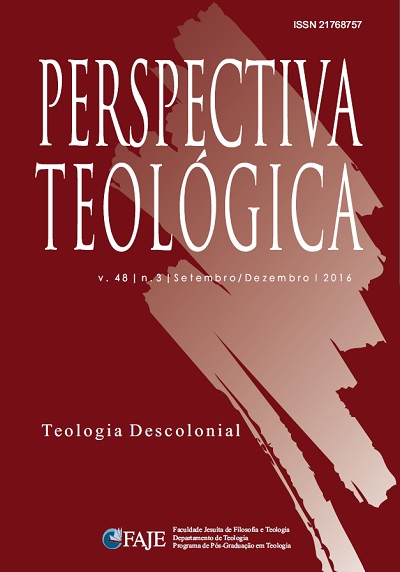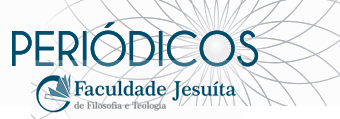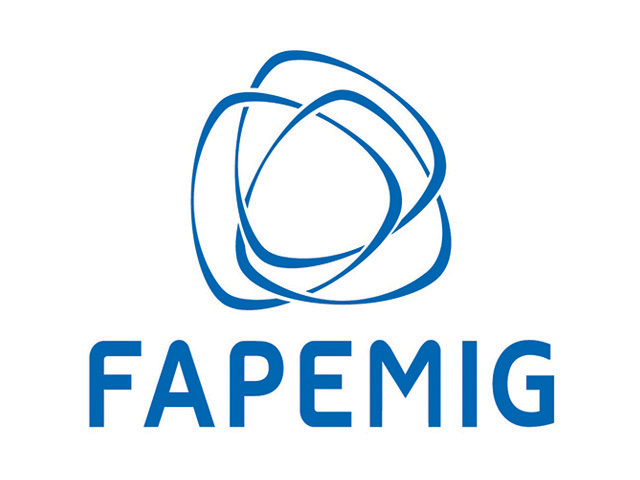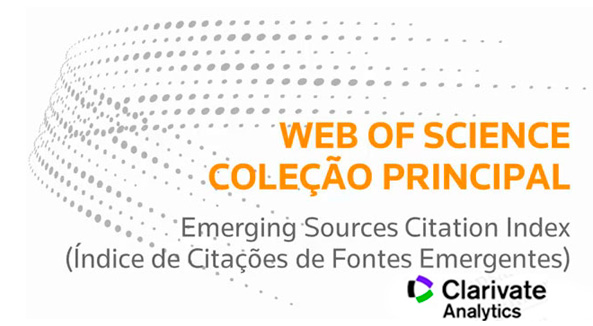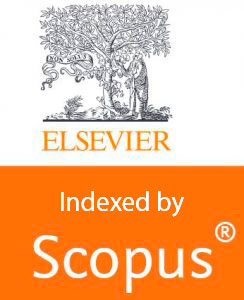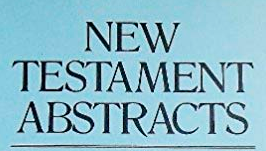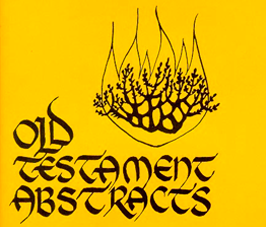O PARADOXO DA ENCARNAÇÃO: CRÍTICA DE KIERKEGAARD À TEOLOGIA ESPECULATIVA DO SEU TEMPO
DOI:
https://doi.org/10.20911/21768757v48n3p559-582/2016Palavras-chave:
Paradoxo. Mediação. Redentor. Protótipo. Imitação / Paradox. Mediation. Redeemer. Prototype. ImitationResumo
RESUMO: Kierkegaard é frequentemente apresentado como o solitário opositor das correntes dominantes do pensamento filosófico e teológico do século XIX. É, porém, no âmbito da cristologia, onde se torna mais evidente tal oposição. Kierkegaard elaborou a sua doutrina do paradoxo em resposta ao uso do princípio hegeliano da mediação na teologia especulativa do seu tempo. Contrariamente à teologia especulativa, Kierkegaard defende que a realidade divina e humana não estão subjacentemente unidas, mas formam polos completamente opostos, separados por uma diferença qualitativa infinita. Ao conciliar realidades opostas em si, o paradoxo da manifestação de Deus no tempo opõe-se a qualquer forma de mediação. O conceito de paradoxo é interpretado por alguns críticos como uma contradição lógica. É assinalado que Kierkegaard ao apresentar a fé como única forma de acesso ao paradoxo está a exigir do crente que coloque de parte a lógica e aceite o que é ininteligível à razão humana. A encarnação como objeto de fé, porém, não é paradoxal no sentido de violar os princípios lógicos, mas no sentido de que transcende absolutamente a compreensão humana.
ABSTRACT: Kierkegaard is often portrayed as the lone protester against the dominant currents of nineteenth century philosophical and theological thought. It is, however, within the field of Christology where such objections are most clearly evident. Kierkegaard developed his doctrine of the paradox in response to the use made of the Hegelian principle of mediation by the speculative theology of his time. Contrary to speculative theology, Kierkegaard argues that divine and human natures are not immanently united, but that they constitute opposing poles, separated by a qualitative infinite difference. By combining the opposing realities within it, the paradox of God's revelation in time is contrary to any form of mediation. Some critics have interpreted the concept of the paradox as alogical contradiction. It is pointed out that by viewing faith as the only away of gaining access to the paradox, Kierkegaard is demanding that the believer put logic aside and embrace what is unintelligible to human reason. The incarnation as an object of faith, however, is not paradoxical in the sense that it violates the principles of logic, but in the sense that it absolutely transcends human understanding.
Downloads
Downloads
Publicado
Como Citar
Edição
Seção
Licença
Após a aprovação do texto submetido, os autores deverão encaminhar uma carta de direitos autorais assinada, cujo modelo se encontra na guia "Declarações" no topo do site da revista.

